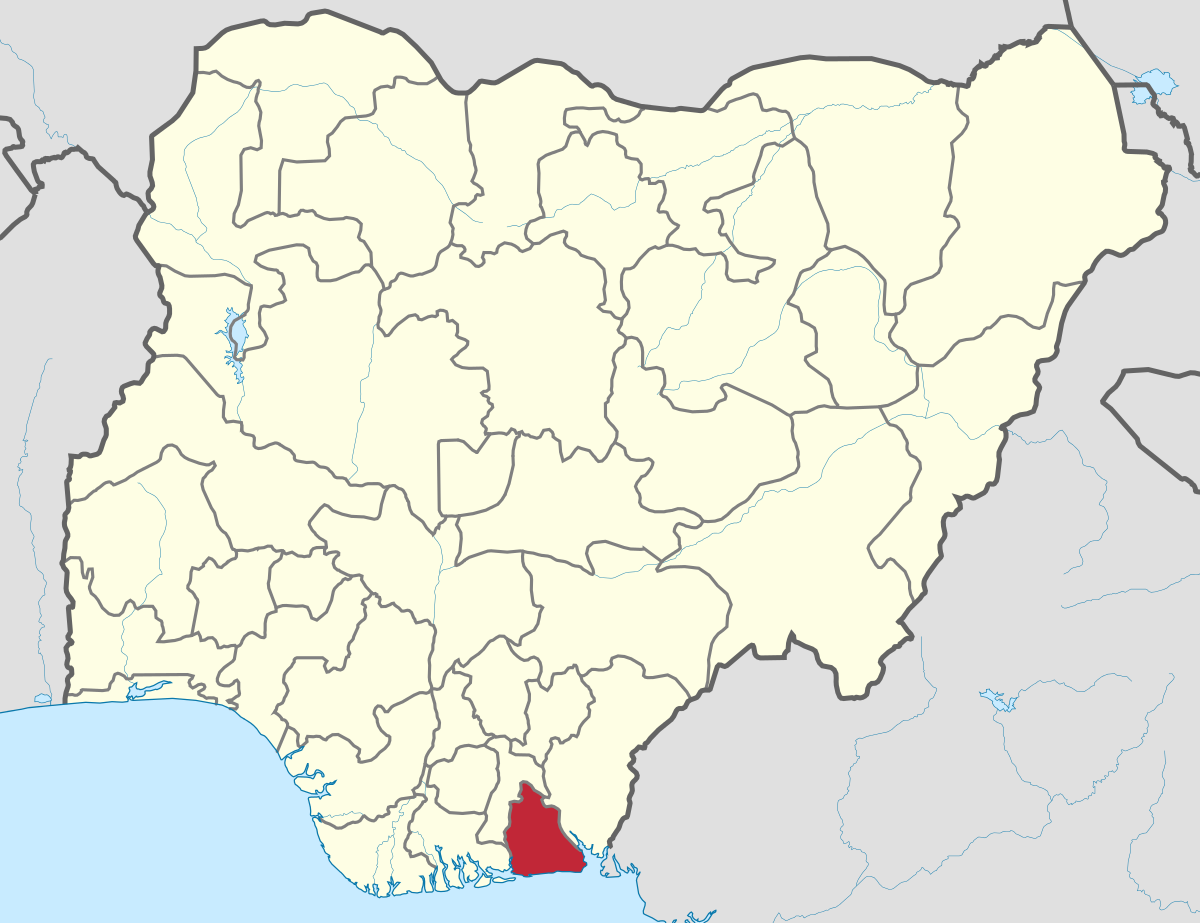A Twitter user, Yinka Chukwuemeka Ogunnubi, claimed that Akwa Ibom State has not implemented the Contributory Pension Scheme (CPS) despite large earnings from the Federal Accounts Allocation Committee (FAAC) while Osun State, with the least FAAC allocations implemented the CPS.
VERDICT: Misleading. The claim that Akwa Ibom State did not implement the CPS, while Osun State did from 2011 to 2020 is misleading. Akwa Ibom State enacted law on CPS in 2012, deducted pension contributions from workers in the public service and pulled out of the scheme in 2013. But the state has started a new legislative process to join the scheme again. Osun State enacted law on CPS in 2008, deducted employer-employee pension contributions but stopped remitting same since 2015. Though Osun State is ahead of Akwa Ibom in the implementation of the CPS, it is misleading to claim that Akwa Ibom State did not implement the CPS from 2011 to 2020 as evidence point to the contrary. Both states are still strolling with the implementation of the scheme.
Full Text
Ogunnubi, with over 72,000 followers on Twitter, tweeted via his handle, @yinkanubi, that Akwa Ibom State, with a workforce of over 13,000, got N1.98 trillion from FAAC from 2011 to 2020 but did not implemented the CPS.
On Akwa Ibom, he claimed “With a workforce of 13k+ and the largest FAAC allocation in Nigeria (N1.98Tr from 2011 – 2020) has not implemented the CPS.”
He also claimed that Osun State with a workforce of 18,000, had the least FAAC allocation of N291 billion within the period but implemented the CPS.
On Osun State, he claimed, “With a workforce of 18k+ and the lowest FAAC Allocation in Nigeria (N291Bn from 2011 – 2020) has fully implemented the CPS.
How true is the claim that Akwa Ibom State has not implemented the CPS, while Osun State has implemented it?
Brief on CPS
The Pension Reform Act 2004, which was repealed and replaced with the Pension Reform Act 2014, established a mandatory Contributory Pension Scheme for workers in both the public and private sectors.
Section 4 of the Act provides for a mandatory minimum contribution of ten and eight percent of employee’s monthly emolument by the employer and employee respectively.
Each employee is to open a Retirement Savings Account (RSA) into which the contributions are to be paid, with a Pension Fund Administrator (PFA) licensed by the National Pension Commission (PenCom), established under section 17 of the Act, to regulate and supervise pension schemes in the country.
The PFA is to manage and invest the fund in the RSA, from where a contributor will draw benefits on retirement, in line with the provisions of the Act.
According to Pension Operators Association of Nigeria (PenOp), the Contributory Pension Scheme, being a mandatory scheme, has compelled employees and employers in the public and private sectors to collectively save a minimum of eighteen percent of an employee’s monthly emolument into the employee RSA, from where employees will be paid retirement benefits.
The Association said the scheme has increased national savings even as pensions fund liabilities have a long maturity period, consequently, they are open to long term investment through long term equity stakes.
As at January 2021, the value of accumulated pension assets under the CPS has reached N12.3 trillion.
Records from PenCom show that Nigeria currently has 22 Pension Fund Administrators (FFAs), seven Closed Pension Fund Administrators (CPFAs) and four Pension Fund Custodians (PFCs).
As at January 2021, PFAs in Nigeria had registered 9.27 million Retirement Savings Accounts (RSAs).
But how true is the claim that Akwa Ibom state did not implement the CPS from 2011 to 2020 while Osun State did?
Verification
Data sourced from the National Pension Commission (PenCom), which is the apex regulatory body for the pension industry in Nigeria, showed that Osun State had enacted Law on CPS in 2008 (amended the Law in 2013 to extend its transition period).
The State established two Pension Bureaus (State and Local Government), registered employees with Pension Fund Administrators (PFAs) and started deducting 7.5 percent employer and 7.5 percent employee pension contributions but stopped remitting same since 2015.
The information from PenCom, valid as at the end of 2020, showed that Osun State is yet to commence remittance of pension contributions into the Retirement Savings Account (RSA) of state and Local Government Councils employees despite deduction of employees’ portion of pension contributions.
Data show that the State has arrears of Accrued Pension Rights and is also yet to conduct Actuarial Valuation.
As at December 2020, it was still yet to open Retirement Benefits Bond Redemption Fund Account (RBBRFA), had not commenced funding of Accrued Pension Rights and had no Group Life Insurance Policy for workers.
On the other hand, PenCom’s records showed that Akwa Ibom State had not implemented the CPS as the state’s bill on CPS was undergoing legislative process as at the end of 2020.
However, Daily Trust found that the Akwa Ibom State House of Assembly passed the bill for the establishment of CPS for all Employees in the Public Service of the State in 2012.
A statement released by the Press Secretary to the Speaker, of the Akwa Ibom State House of Assembly, Ernest Akpan, on June 18, 2012, indicated that a seven-member bureau headed by a Chairman was to be established to oversee the operation of the scheme.
Note that in Akwa Ibom State, the deduction of 7.5 percent contribution of workers in the State public service had commenced even before the CPS law was enacted in 2012 and the deducted funds kept in a commercial bank pending when the bill would be passed and various structures for the administration of pension fund put in place.
Akpan explained in the press release that “all deductions made prior to the coming into force of this law shall be deemed to have been made pursuant to this law and shall be taken into account, together with the interest that has accrued thereon, in computing the total sum contributed by the contributor”.
Findings showed that Akwa Ibom State government, in 2013, pulled out of the contributory pension scheme, which was hitherto implemented in the state public service and opted for the old definite benefit (ODB) scheme.
In June 2016, the State’s Commissioner of Finance, Akan Okon, said the State was planning to reintroduce the CPS, but data from PenCom show that the state is still at the legislative state of the renewed process.
Conclusion
The claim that Akwa Ibom State did not implement the CPS, while Osun State did from 2011 to 2020 is misleading. Akwa Ibom State enacted law on CPS in 2012, deducted pension contributions from workers in the public service and pulled out of the scheme in 2013. But the state has started a new legislative process to join the scheme again. Osun State enacted law on CPS in 2008, deducted employer-employee pension contributions but stopped remitting same since 2015. Though Osun State is ahead of Akwa Ibom in the implementation of the CPS, it is misleading to claim that Akwa Ibom State did not implement the CPS from 2011 to 2020 as evidence point to the contrary. Both states are still strolling with the implementation of the scheme.

 Join Daily Trust WhatsApp Community For Quick Access To News and Happenings Around You.
Join Daily Trust WhatsApp Community For Quick Access To News and Happenings Around You.


